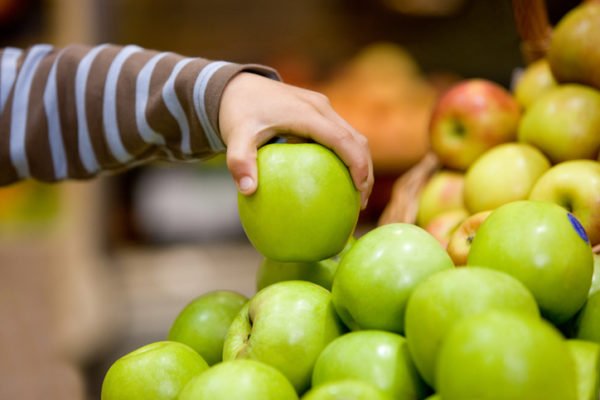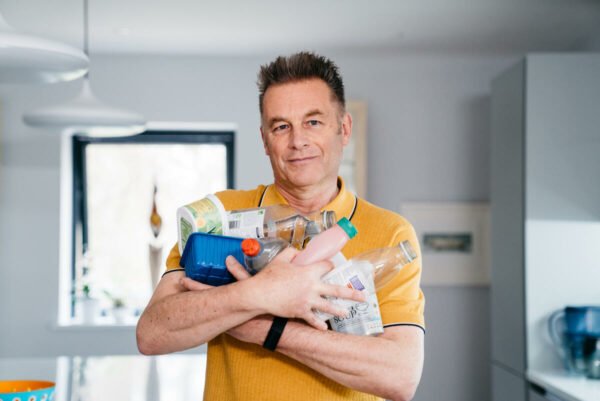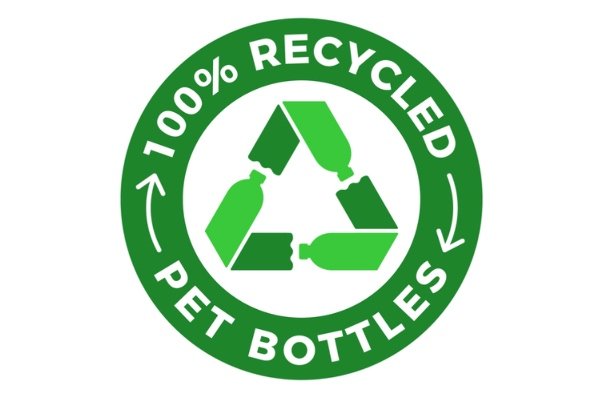This article first appeared in our Earth Day issue of My Green Pod Magazine, published 22 April 2024. Click here to subscribe to our digital edition and get each issue delivered straight to your inbox
Refills are the future of sustainable shopping, though they’re not always a convenient way to buy your food.
‘I love refill shopping but I find the process of taking containers to the shop a real faff’, admits Mitchell Platt, founder of Zero Waste Bulk Foods. ‘After a short stint working in a local shop I learnt that behind the scenes is just as complex and wasteful – so many spillages! – so I set up an online store to make refilling easy.’
Buy, return, repeat
Zero Waste Bulk Foods is an online shop with a wide range of products, from the bestselling Organic Ancient Grain British Pasta and Organic English Breakfast Tea to Organic Dark Chocolate Buttons and organic dried fruit and nuts.
What makes this shop different is the closed-loop system at its heart; all the goods come in packaging that can be returned, washed and reused. ‘This was the reason I set up the business’, Mitchell shares; ‘otherwise, we’re just another organic whole foods business littering the world.’
When an order is placed online, the groceries arrive at your door in cotton and jute bags, which have been specifically designed for Zero Waste Bulk Foods customers, with a pre-paid returns label.
‘What makes the packaging unique is how easy it is to return’, Mitchell tells us; ‘small orders can be returned in the post box!’ The ease of the process is underscored by an excellent 90% bag return rate.
The problems with packaging
Mitchell’s focus on circularity stemmed from concerns about our current linear model of production, consumption and disposal. ‘It’s fundamentally flawed because it doesn’t value all the components in the supply chain’, Mitchell explains. ‘This creates an enormous burden on the environment – including waste and the carbon required to produce everything new.’
Recycling is of course a better option than landfill or incineration, but processing waste back into usable materials also creates lots of carbon.
Some materials – such as plastic – can never be recycled back to their original quality.
‘Paper and glass are good packaging materials in some cases’, Mitchell accepts, ‘but they are prone to breaking so I don’t think they are the best materials for groceries. However it’s packaged, environmentally the worst case scenario is that food is spoiled, because there is so much more carbon in food production than in its packaging.’
 Play Video about This Rock Might Just Save The World
Play Video about This Rock Might Just Save The World Play Video about Play 2 hours of rock
Play Video about Play 2 hours of rock Play Video about Play 2 hours of brook
Play Video about Play 2 hours of brook Play Video about Play 2 hours of sheep
Play Video about Play 2 hours of sheep














































